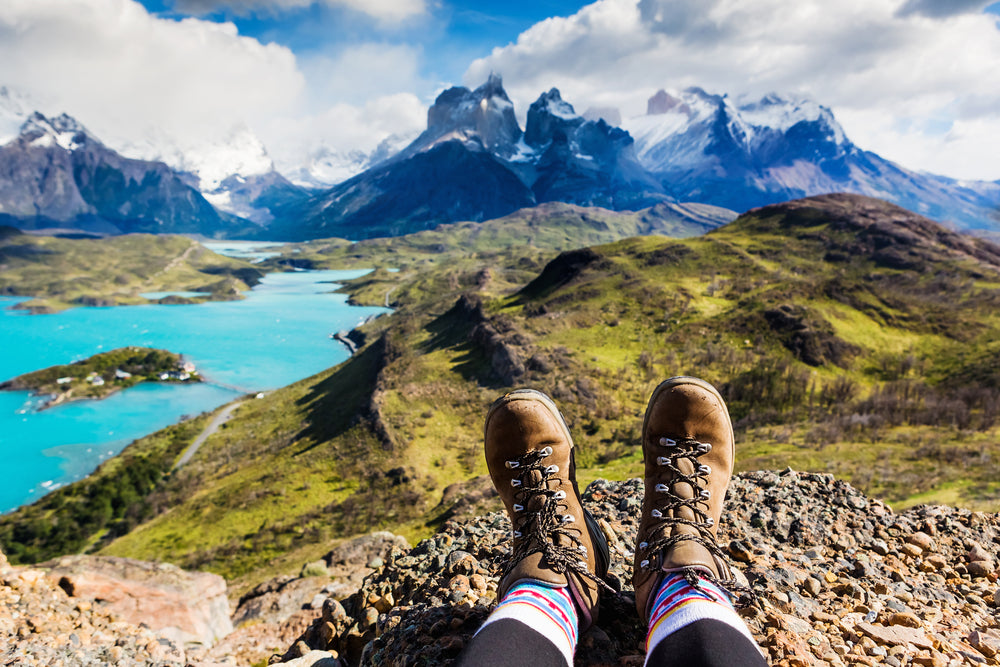Depending on what type of sleep apnea you have, there will be different factors to account for, such as weight loss to help with obstructive sleep apnea and changing medication to help with central sleep apnea. But something that affects all types of sleep apnea is altitude, specifically, high altitude.
Research Links Higher Altitude With Increased Sleep Apnea
Even without sleep apnea, going from a lower altitude to a higher altitude can leave a person feeling perpetually winded and quickly out of breath. For those with sleep apnea, higher altitude can definitely make breathing more difficult.
In a 2011 study, researchers found that those living at higher altitudes which had moderate-to-severe obstructive sleep apnea were also more likely to develop central sleep apnea. The addition of central sleep apnea makes the treatment of obstructive sleep apnea more difficult, especially if the participant with sleep apnea wasn't receiving treatment.
But, with the use of positive airway pressure machines that were properly calibrated for the participants' needs, there were clear improvements in those individuals who developed central sleep apnea at higher altitudes.
Interestingly, there is a 2006 study that found the opposite to be true, at least for those with central sleep apnea and mild-to-moderate obstructive sleep apnea. Participants in this study went from 7,900 ft to altitudes from 1,370 or to sea level. While patients with severe obstructive sleep apnea didn't have much of a difference, those with central sleep apnea and milder obstructive sleep apnea saw improvements in their nighttime breathing.
However, that also highlights the importance of having your sleep apnea test done at the same altitude where you sleep. If you have a sleep study at a lower altitude than where you live, the test may assess your breathing needs are lower than they actually are at your regular altitude. To prevent a false-positive when it comes to your sleep apnea test, you can utilize our at-home sleep apnea test.
How To Manage Sleep Apnea At Higher Altitude
For those who have sleep apnea and either live at a higher altitude or are going to visit a high altitude location, there are some steps you can take to better manage your sleep apnea.
- Use a positive airway pressure machine - If you aren't already using an AutoPAP, CPAP, or other positive airway pressure device to help with your sleep apnea, you need one. With an APAP machine to support your airway throughout the night, you can enjoy more restful sleep and prevent a number of comorbid issues that come with a loss of REM sleep.
- Drink plenty of water - Being hydrated is essential for good blood circulation, which allows for oxygen to move through your body. As the air is thinner and drier at higher elevations, it is important that you keep hydrated to help compensate for your body's increased demand.
- Consider medication - Research has pointed to the medication acetazolamide as being helpful not only with altitude sickness but also helpful for those with obstructive sleep apnea. While it is not a long-term solution, you may want to talk to your doctor about your options if you are making a trip to a high altitude area.
If you are unsure that you have the right equipment to manage your sleep apnea, you can stop by ApneaMed to find premier sleep apnea equipment.

